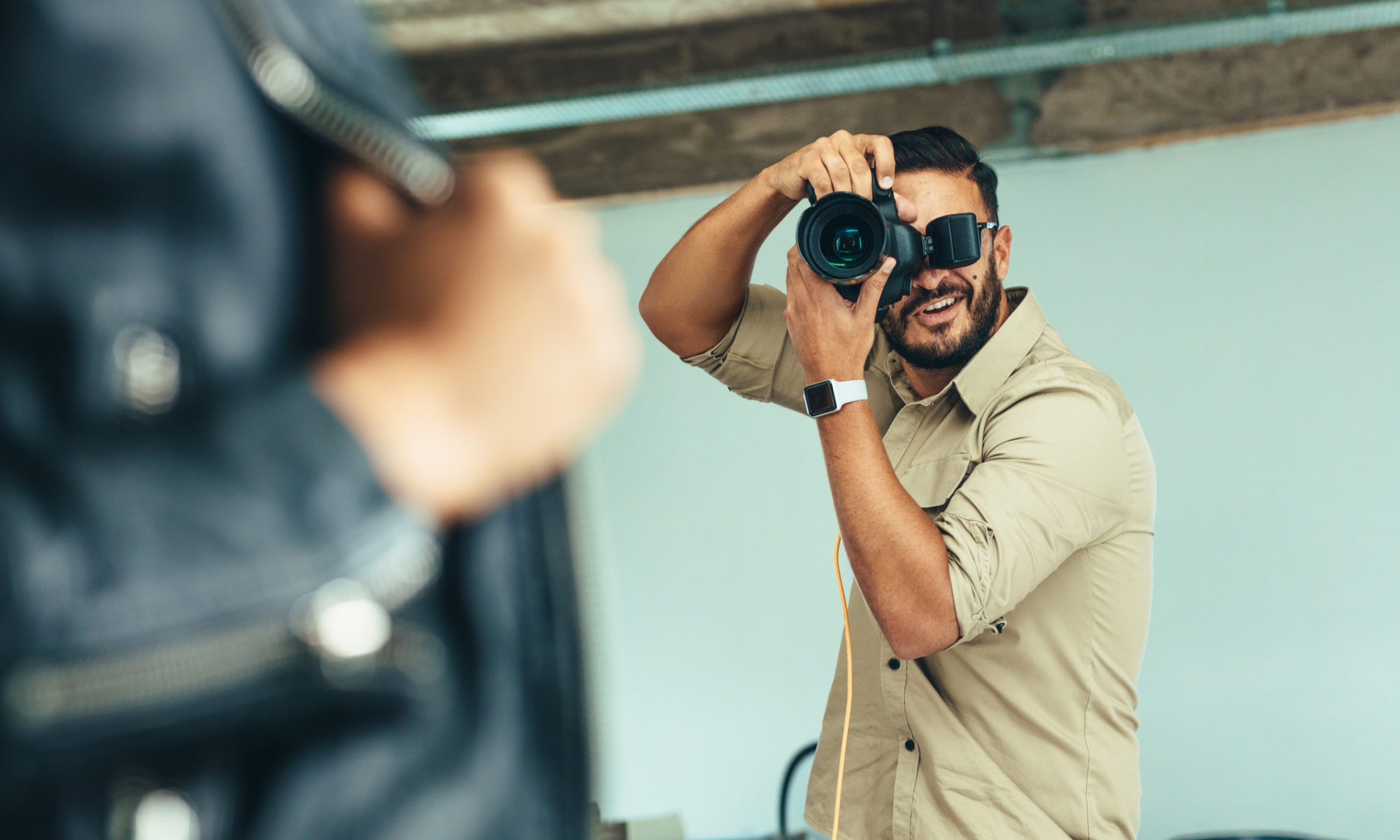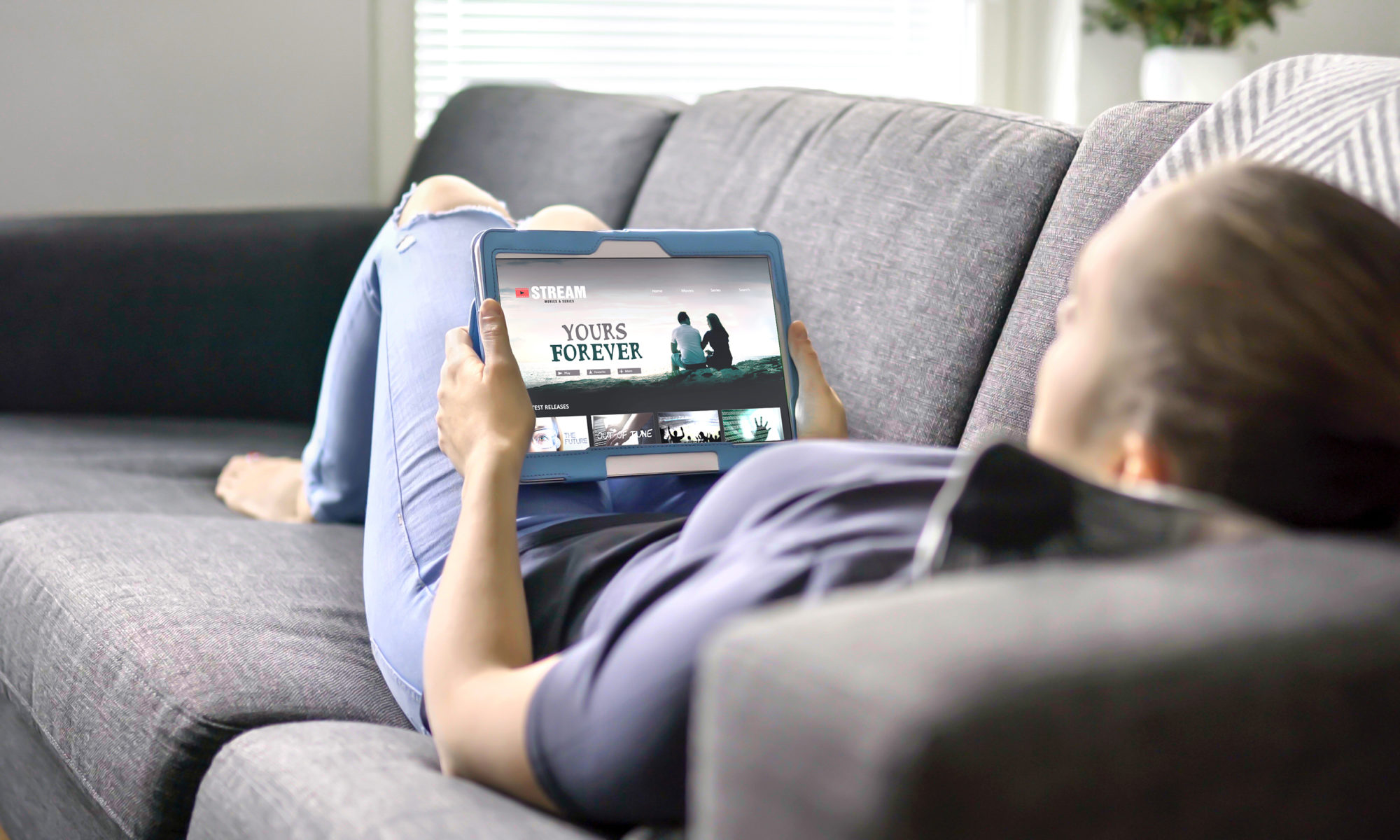Being a professional freelance photographer is the dream for many people. You can turn your hobby into a profession without being tied to an office or a specific industry. If you’ve been thinking about ways to supplement your income with photography or even start up your own freelance photography business, you need to see what photography services are most in demand.
Family and portrait photography
This could be one of the most common forms of freelance photography. Before you start, think of a niche to help you stand out from the crowd; are you a lighting whiz that specialises in more posed, professional-looking photos, or do you have the people skills to make people laugh and feel at ease for more candid images? Capitalise on your skills and you’ll find yourself getting busy very quickly!
As this type of photography is very area-based, you will rely heavily on word of mouth to build clients, so make sure that your clients leave your photoshoot having had a positive experience.
Event photography
You might just be thinking of wedding photography, but freelance photographers are often hired to cover a plethora of different events, including birthdays, christenings, corporate meals and charity events.
The hardest thing with event photography is working out a price for your work; a beginner wedding photographer could charge around £1000, for example, whereas an experienced one is likely to charge a minimum of £5000. Remember events are often poorly managed, overrun and you might have to deal with the occasional stressed-out event organiser, so make sure it is worth your time.
Headshots
Corporate headshots can be a very lucrative job once you’ve broken into the market and have a couple of high-quality examples in your portfolio. And it can be fun; many companies are moving away from the stiff, suited-up pained smile and are going for more dynamic images. You’ll need to be adaptable, easy-going and a good people person to make sure your clients feel comfortable in front of the camera. Once they’ve had one good experience with you, businesses are more likely to hire you for more gigs such as events, meetings and team photos!
Taking professional acting headshots is another niche that can make you some money; you can charge upwards of £400 for a session. This is a good option if you are skilled at lighting and like the artistic side of portraiture, but make sure you have some decent experience and are confident in this style; they’re likely to have high standards!
School photography
If you like to be busy, why not approach the schools in your area and offer to do photography for them? Most schools aim to have pictures taken not only of individual students, but also of year groups, sports teams and the whole school once a year. This could end up being thousands of images per school, and another good way of getting income from your photography.
This will require a lot of planning, and it’s a good idea to hire an assistant if you’re going to be taking photos for a large school.
Product photography
If someone has a fantastic product, they’re going to need a beautiful photo of it to make sure it sells. Product photography is a huge part of digital marketing, and could be a great way to make money. Do you know anybody that is just starting out with a new product? Offer to take their photos for a small charge, and use their images in your portfolio; once you’ve got examples of your work, people are much more likely to hire you for their own products.
Social media photography
Instagram is one of the most popular social media sites, and it relies almost entirely on beautiful images. Around 71% of businesses use Instagram to promote their company, which means you can capitalise on this by offering to take photos for them. You can contact local businesses and offer “social media packages” where you edit the photos and crop them to the perfect size for Instagram or Facebook. They can then use these photos for advertising on social media sites, which is an important part of any business.
Real Estate photography
If you like nosing around other people’s houses and you’ve got a wide-angle lens, then real estate photography is a great option. Try approaching your local estate agent and compare their amateur photography with some examples of your own well lit, perfectly composed interior photos. When looking for a house to buy or rent, the images are hands down the most important part for house hunters and will be the deciding factor as to whether they get in contact with the estate agent or not.
There are many ways that you can turn your photography hobby into a profitable business, you just need to decide which route to take. Once you’ve done this, it’s time to make a website to show off your skills! Our website builder gives you beautiful ready made web designs with one-click image galleries so that you can highlight your best work at the touch of a button – read our blog on how to create the best photography website for some more ideas. Try our 14-day free trial today and see where your photography skills can get you.

